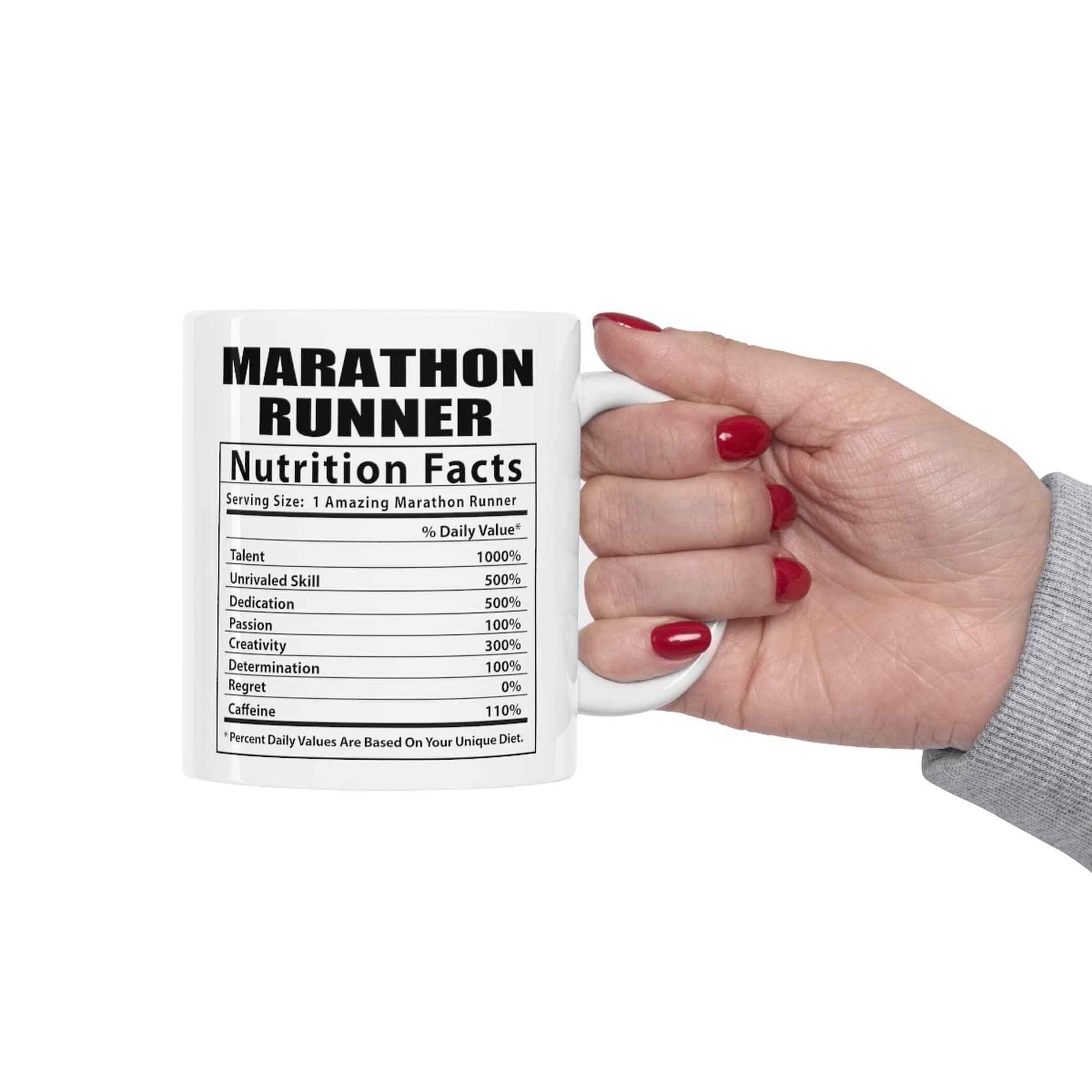As the sun rises over the horizon, painting the sky with hues of determination and promise, countless runners lace up their shoes, ready to conquer the formidable challenge of a marathon. Yet, beneath the rhythmic pounding of feet on pavement lies an equally critical component of marathon preparation: nutrition. While many focus on logging miles and perfecting their pace, the realm of nutrition often becomes a labyrinth of confusion, with common pitfalls lurking at every turn. In this article, we embark on a journey to unravel the mysteries of marathon nutrition, offering guidance on how to sidestep the most prevalent mistakes. Whether you’re a seasoned marathoner or a first-time participant, understanding these nutritional nuances will help fuel your body and spirit, ensuring that you cross the finish line with strength and confidence.
Fueling Your Long Runs with Purpose
To power through those long training sessions, it’s crucial to approach your nutrition with intention. Start by understanding your body’s specific energy needs. This means embracing a balanced diet that includes an array of macronutrients. Carbohydrates are your primary fuel source, so make sure to incorporate them in the right amounts. Proteins help with muscle recovery, while fats provide a sustained energy release. Listening to your body’s cues and experimenting with different foods can help you find the perfect balance.
- Pre-Run Meals: Aim for a meal rich in carbs 3-4 hours before your run. Consider options like oatmeal with fruit or a whole-grain sandwich.
- During the Run: Keep energy gels, chews, or sports drinks handy to replenish electrolytes and maintain energy levels.
- Post-Run Recovery: Within 30 minutes of finishing, refuel with a combination of protein and carbs. A smoothie with protein powder and a banana can work wonders.
Remember, what works for one runner may not work for another, so take time to test different strategies during your training. This personalized approach ensures that when race day arrives, you’re ready to go the distance with confidence.

Mastering the Art of Hydration Balance
Maintaining the perfect hydration balance is crucial for marathon preparation, yet it’s often overlooked by many athletes. Striking the right balance involves more than just drinking water; it requires a strategic approach to ensure that your body is both hydrated and not overloaded with fluids. Here are some key tips to help you achieve optimal hydration:
- Listen to Your Body: Pay attention to your thirst signals. Your body is an excellent guide in indicating when it’s time to drink.
- Plan Your Fluid Intake: Establish a hydration schedule that complements your training routine, ensuring consistent fluid consumption without excess.
- Electrolyte Balance: Incorporate drinks that contain electrolytes, especially during long runs, to replenish essential minerals lost through sweat.
Remember, every athlete’s needs are unique, so what works for one may not work for another. It’s essential to experiment and adjust your hydration strategy to find what best supports your performance and recovery.

Strategic Carb Loading for Optimal Performance
When it comes to preparing for a marathon, strategic carbohydrate loading is crucial for maximizing your energy reserves and enhancing endurance. It’s all about timing and quality. Start by gradually increasing your carbohydrate intake about three to four days before the race. This doesn’t mean consuming any carbs you come across, but focusing on high-quality sources such as whole grains, fruits, and vegetables. Balancing these with lean proteins can help maintain muscle mass and prevent unnecessary weight gain.
- Whole grains: Opt for brown rice, quinoa, or whole grain pasta to keep your glycogen levels up.
- Fruits: Bananas and berries are excellent choices for quick energy and added vitamins.
- Vegetables: Sweet potatoes and squash provide complex carbohydrates and important nutrients.
Remember, it’s not just about eating more but eating smart. Avoid the pitfall of overloading on simple sugars and processed foods, which can lead to energy spikes and crashes. Instead, aim for a balanced approach that supports sustained energy levels and overall well-being. By carefully planning your carb intake, you’ll set yourself up for peak performance come race day.

Decoding Nutritional Labels for Runners
Understanding the intricacies of nutritional labels is a critical skill for marathon runners aiming to optimize their diet for peak performance. When scanning these labels, focus on the macronutrient breakdown. Look for a balance that supports your training regimen, typically emphasizing carbohydrates for energy, proteins for muscle repair, and healthy fats for sustained fuel. Here are some key elements to watch for:
- Carbohydrates: Prioritize complex carbs over simple sugars. Ingredients like whole grains, oats, and quinoa should be your go-to choices.
- Proteins: Opt for lean sources such as chicken, fish, or plant-based options like lentils and chickpeas. Check the protein content per serving to ensure it aligns with your dietary goals.
- Fats: Focus on unsaturated fats found in avocados, nuts, and olive oil, while keeping an eye on saturated and trans fats, which should be minimized.
Beyond macronutrients, pay attention to the micronutrient content, such as vitamins and minerals. These are crucial for recovery and overall health. Consider foods rich in iron, calcium, and B vitamins to enhance endurance and energy levels. Lastly, don’t overlook the serving size and ingredient list; they often reveal hidden sugars and preservatives that can derail your nutrition plan.
